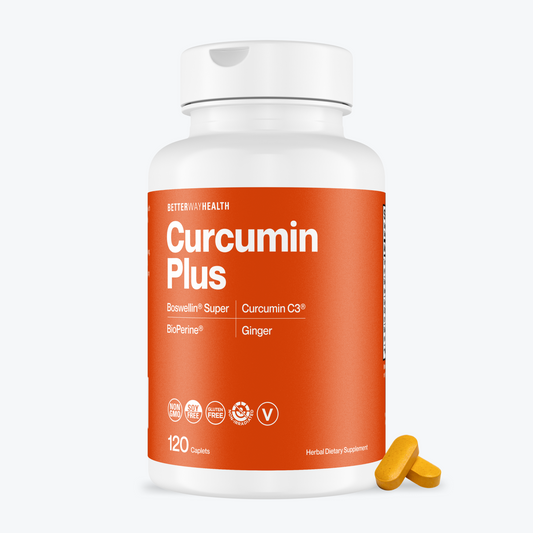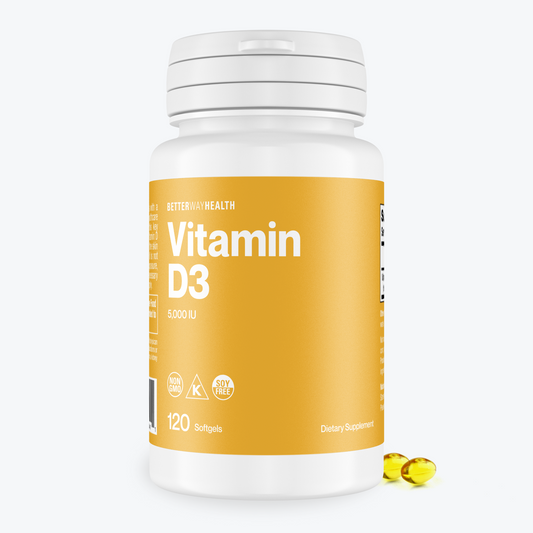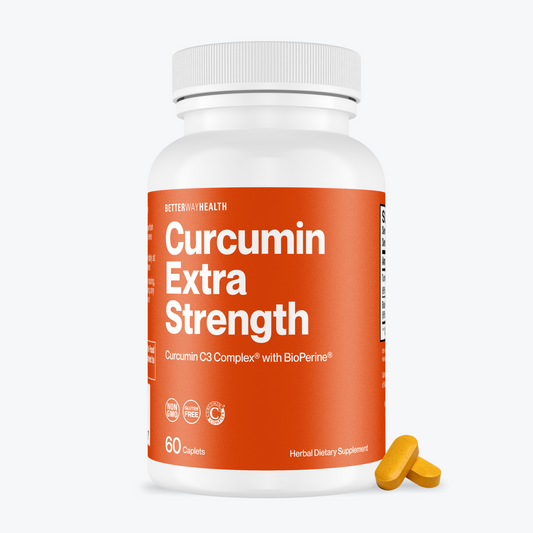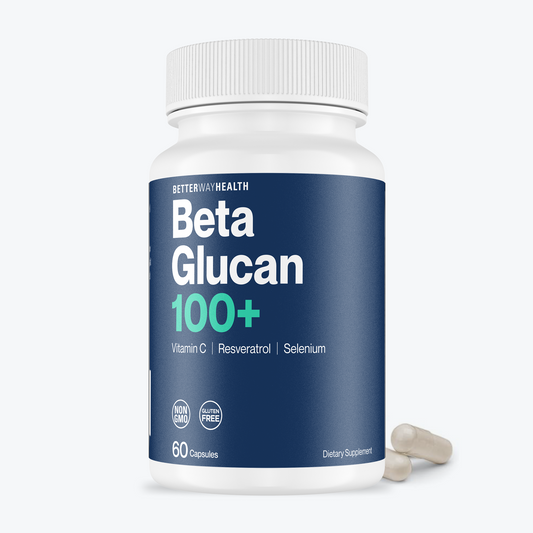5 Practical Tips to Maintain a Healthy Gut (easy and effective)

Vital Info:
- The stomach, colon, and intestines form the gut, which breaks down food, absorbs nutrients, and rids the body of waste.
- The gut contains a large variety of microbes, fungi, viruses, microorganisms, and different types of bacteria.
- An unhealthy gut often manifests itself through a range of physical and mental symptoms.
- Your immune system and your gut are closely connected, with the gut playing a pivotal role in maintaining immunity.
Breaking Down Gut Health and Gut Microbiome
The Importance of Gut Health
- Heart disease
- Type 2 diabetes
- Sleep
- Irritable bowel syndrome (or inflammatory bowel disease)
- Autoimmune disease
- Obesity
- The immune system

What Are The Signs of an Unhealthy Gut?
- Low mood
- Bloating
- Gas
- Heartburn
- Diarrhea
- Constipation
- Irritable bowel syndrome (IBS)
- Age
- Environment
- Lack of exercise
- Lack of sleep
- Excessive alcohol intake
- Stress or anxiety
- Excessive smoking
- Using antibiotics
The Immune System Takes a Hit
Mental Health Suffers Too

5 Practical Ways to Maintain a Healthy Gut Daily
Healthy Diet
Fermented foods include:
- Yogurt
- Kimchi
- Kombucha
- Sauerkraut
- Kefir
- Tempeh

Prebiotics, Probiotics and Postbiotics
- Enzymes
- Organic acids
- Carbonic substances
- Bacteriocins
Regular Exercise
Stay Hydrated
Eat Slowly
Introducing Beta Glucan for Gut Health
 How Beta Glucan Works in Your Body
How Beta Glucan Works in Your Body
Beta Glucans: The Prebiotic Powerhouses
In addition to triggering immune responses, research suggests that beta glucans have prebiotic properties too. This means they provide nourishment for beneficial bacteria residing within our guts, thereby promoting a balanced microbiome – a key factor for optimal health.
A healthy intake of beta glucans can help maintain peak performance levels of your immune system while fostering improved digestion due to its interaction with vital components of the gut ecosystem.
Top Benefits of Beta Glucan
The health-boosting benefits of beta glucan are immense, especially when it comes to improving gut health. This natural supplement is a powerhouse that infuses your body with vital nutrients for optimal digestive system performance. *
As the glucan molecule may help mobilize the immune system, it can increase the production of white blood cells, which may help reduce allergic responses in daily life. *
Beta 1 3D glucan has been stated to potentially help wounds heal, speed up the body's recovery from surgery, reduce the damage done to tissues by arthritis, and reduce the swelling in the nose caused by allergies. *
Conclusion: Key Points and Recommendations
FAQs in Relation to How to Maintain a Healthy Gut
How do I keep my gut healthy?
What are the signs of an unhealthy gut?
What are the 3 signs of a healthy gut?
Still have questions?
Our ACES Team is always there to help.








